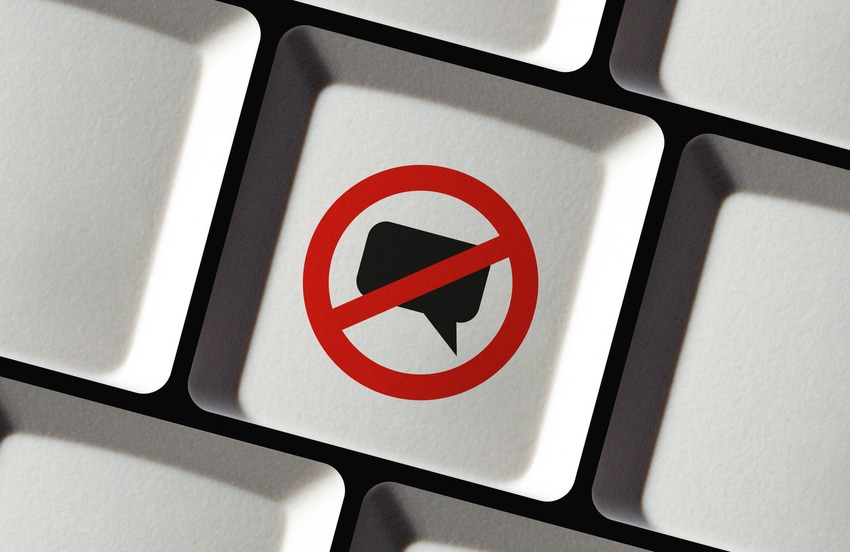Internet platforms try to pre-empt the adpocalypse through mass suspensions
The decision by major brands to boycott Facebook and Twitter has caused other internet platforms to panic into removing and accounts they fear may upset advertisers.
June 30, 2020

The decision by major brands to boycott Facebook and Twitter has caused other internet platforms to panic into removing and accounts they fear may upset advertisers.
The basic business model of the internet is to generate an audience and then charge for access to it. Some websites, such as this one, focus on a specific sector and thus only attract advertisers who want to communicate with that audience, but many just seek raw, unfiltered traffic. Those sites rely on major brands and ad platforms such as Google’s for revenue, so when either of those pull out, their entire revenue stream is wiped out.
Google has already demonstrated that it’s prepared to use its dominant position to force websites to censor themselves and now big brands have joined the stampede away from any content that has any cultural risk attached to it. In such circumstances it could be considered quite rational for websites that rely on third party content to drive their traffic to panic, and that seems to be exactly what they have done.
One of the biggest is Reddit, which has announced a bunch of changes to its rules around that catch-all term often used to justify censorship – ‘hate’. A consequence of this change is that around 2,000 subreddits (the name given to discussion groups on the site) have been banned. It looks like most of them were inactive, so that seems a bit pointless, unless it was meant as a symbolic gesture to placate commercial partners.
The most prominent of the subreddits removed was r/The Donald, which seems to have been used by fans of the current US President when it was active. The Trump ecosystem is increasingly having the ‘hate’ tag attached to it, which is the apparent motivation for the Stop Hate For Profit campaign. Trump himself is already the subject of frequent social media censorship and now Amazon-owned Twitch has joined the fun.
Even YouTube, which seems to have been much more effective at keeping its advertisers away from controversial content, has apparently decided to embark on a fresh wave of banning, just to make sure. The common denominator this time seems to be an alleged ‘white supremacist’ mindset, which YouTube has only just got around to tweaking its rules in order to ban.
Having done the least to censor President Trump, Facebook has faced the most advertiser push-back. Most recently it has emerged that Microsoft is one of the companies to pause its advertising with the whole group. Again this seems to have nothing directly to do with the political censorship campaign, but there is no mention of Twitter or any other internet platform.
It seems that Trump and his supporters are rapidly running out of places to congregate and converse online. They may want to take a leaf out the book being used by Hong Kong residents, who have responded to the threat of authoritarian oppression by the Chinese government, which will see them arrested for perceived acts of separatism, subversion, terrorism and foreign interference, by radically altering their digital footprints.
About the Author(s)
You May Also Like








.png?width=300&auto=webp&quality=80&disable=upscale)


_1.jpg?width=300&auto=webp&quality=80&disable=upscale)


.png?width=800&auto=webp&quality=80&disable=upscale)